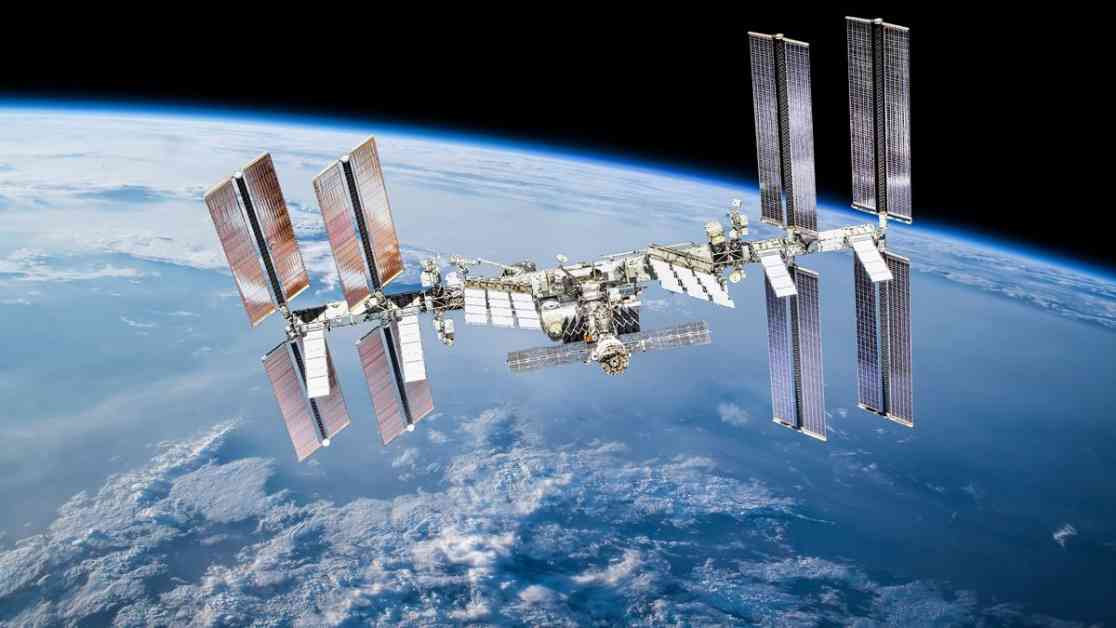A peculiar smell emanating from the Russian cargo spacecraft at the International Space Station (ISS) has caused some concern among astronauts. The odor, described as similar to spray paint, was noticed by Russian cosmonauts following the docking of the Progress spacecraft with the Russian Poisk module on Saturday (Nov. 23). This prompted the crew to close the hatch and take precautionary measures.
According to NASA, the unexpected smell and small droplets observed inside the Progress spacecraft led to the closure of the Poisk hatch within the Russian segment of the ISS. Air scrubbers were then activated to ensure the air quality inside the station was back to normal levels. Fortunately, there were no immediate concerns for the crew, and operations on the ISS continued as planned.
While engineers worked to address the issue, the exact cause of the odor and its potential hazards remained uncertain. Reports suggested that the fumes released could be toxic, but upon opening the hatch on Monday (Nov. 25), it was discovered that the smell originated from the materials inside the pressurized cargo section of the Progress spacecraft.
The incident adds to a series of challenges faced by the Poisk module, including a five-year leak that has raised concerns about the station’s long-term viability. NASA has warned that if not addressed, the leak could lead to a catastrophic failure of the ISS. However, Russian officials have downplayed the severity of the issue, and little progress has been made to resolve it.
Despite these challenges, the ISS is expected to remain operational until 2030, after which it will be intentionally deorbited and burned up in Earth’s atmosphere by SpaceX. NASA has announced plans to shift its focus towards crewed missions to the moon and Mars, leaving the development of future space stations to private companies.
As space exploration continues to evolve, the recent incident serves as a reminder of the complex nature of living and working in space. The safety and well-being of astronauts aboard the ISS remain a top priority, with measures in place to address any unexpected issues that may arise during their mission.




